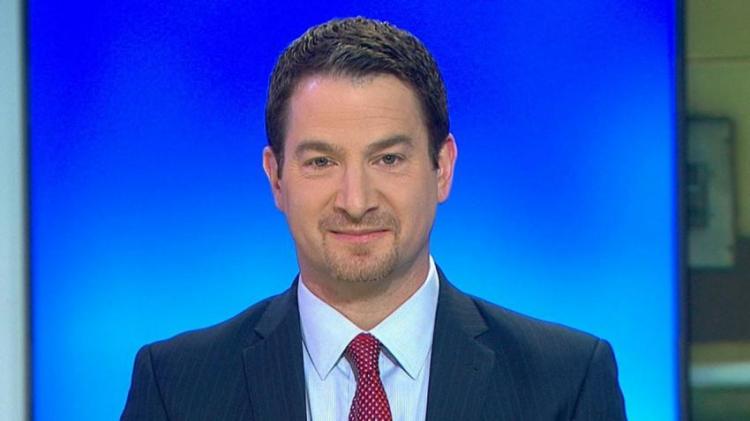We could have saved the Syrian people without interference: Obama’s deputy secretary of state
”We could have saved the Syrian people without interference”: Obama’s deputy secretary of state
Joel Rubin, Obama’s deputy secretary of state, told North Press from Washington about his vision of the Syrian scene, saying that the consequences of what had happened in Syria could have been avoided without the necessity of an American incursion into a full-scale war.
Rubin said that US policy toward Syria was not coherent. The U.S. president was acting in contradiction with the National Security Adviser and his Secretary of State, “we do not have the coherent policy that makes us communicate clearly in Syria, Iran and elsewhere in the Gulf,” he said. This remains a contradiction in politics around Syria.
He added that Ambassador Jeffrey is trying to balance between two goals: the president’s desire to get out on one hand and the desire of the United States to strengthen its power in the region and influence the events on the other hand, so he said, “he is moving within a very fine line.”
However, he does not see the complexity of the Syrian scene as less severe in the reign of President Trump.
The challenges between Turkey and the Kurds are growing, and President Trump himself has a different vision from his National Security Adviser and his Secretary of State and, of course, he agrees with Congress on what he wants to do in Syria.
Unexpected consequences
Rubin declared that the first nine months of the popular movement in Syria did not reflect a state of civil war, so the Obama administration sent Ambassador Ford to intervene.
“It came to the summit when the United Nations tried to put pressure on Assad, and Russia have vetoed,” he said.
Rubin clarified that “Russia did not come to the negotiating table because it was disappointed by Assad’s chemical use, but because America would have target Syria.”
He confirms that at the same moment when the Obama administration showed seriousness in responding to Al-Assad’s use of the chemical weapons, “Russia rushed to the negotiating table to appease and reassure us and make promises of chemical weapons disarmament, ” Rubin said.
“We did not use our forces enough and we did not need to send /150/ thousand troops, as we did in Iraq; moreover, we didn’t use our moral authority or our economic influence ,nor our threats to drive Russia away from Assad,” he said.
“As a result, the Assad’s collapse brought other countries to support him, the thing that made the country an easy target for terrorist organizations as ISIS and it happened like a snowball rolled,” he said.
Rubin reported commenting, “this is one of the lessons we learn from how consequences occur; when we make a military decision to intervene or not to intervene, it is not without consequences or cost… Therefore, when we decide to do nothing, this does not mean that nothing will happen.”
He sees “the Obama administration took the appropriate decision at that time, but the consequences were not expected, yet it could have been expected.”
While Rubin believes that the vacuum left after the Obama administration allowed Russia to advance in strengthen its influence in Syria and support the Syrian President Bashar al-Assad.
Washington – Hadeel Aweys – NPA

